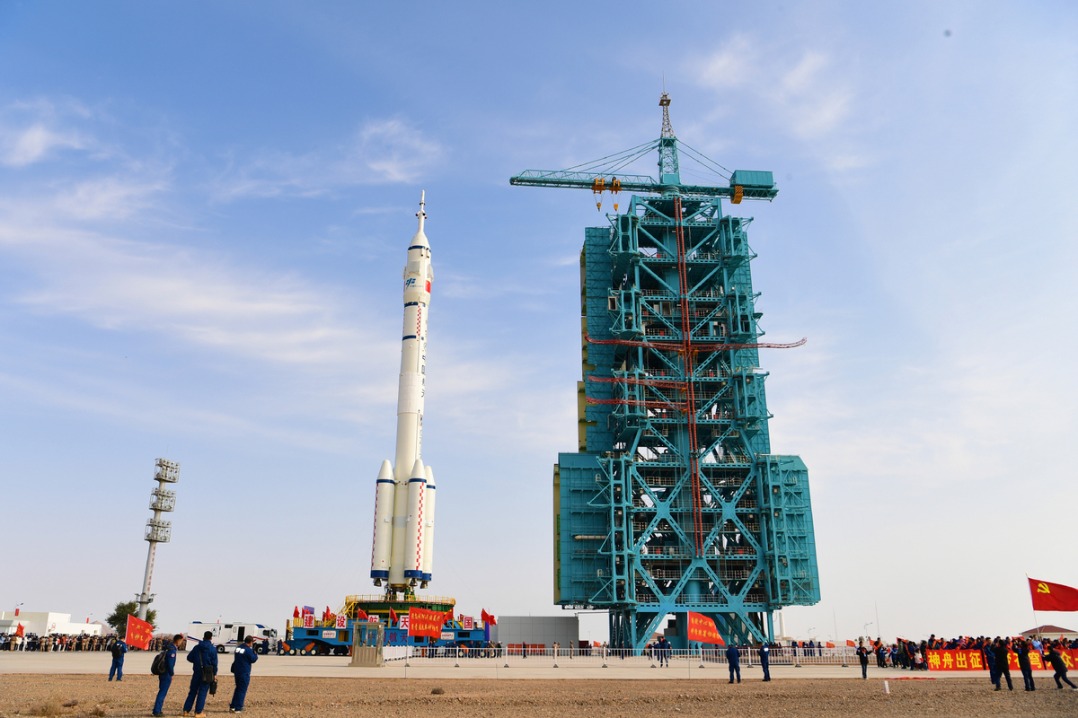China develops comprehensive pancreatic cancer nanoknife system

China has developed a comprehensive system for treating pancreatic cancer using nanoknife technology, offering hope to tens of thousands of patients each year at roughly half the cost of similar treatments in Western countries, according to Hao Jihui, a leading oncology expert and director of the Tianjin Cancer Hospital Airport Hospital.
Hao outlined the development at the 2025 Tianjin International Summit on Standardized Nanoknife Ablation Therapy, where the Chinese Expert Consensus on Nanoknife for Pancreatic Cancer was released.
"The consensus, grounded in large-scale domestic clinical data and the application of mature domestically developed equipment, provides a scientific, practical, and clinically relevant guideline with Chinese characteristics," Hao said.
Nanoknife technology, or irreversible electroporation, uses high-voltage electric pulses to create nanoscale pores in tumor cell membranes. This triggers cell death while sparing critical structures, such as blood vessels and bile ducts. The process overcomes the limitations of traditional heat-based treatments.
Hao highlighted that the rise of domestically produced nanoknife devices has broken foreign technological monopolies, dramatically reducing treatment costs while improving efficiency, safety, and accessibility.
"Nanoknife technology offers a potentially curative option for 30 to 40 percent of patients with locally advanced pancreatic cancer. In some cases, it may convert previously inoperable tumours into controllable conditions, improving survival," he said.
Pancreatic cancer is typically detected late and has a high tendency to invade major blood vessels, limiting the effectiveness of conventional treatments. Statistics show that around 80 percent of Chinese patients are diagnosed at a stage where curative surgery is no longer feasible.
The summit brought together leading experts from China and abroad, who observed live surgeries, discussed multidisciplinary collaboration, and shared insights on the new consensus.
Cai Muzi contributed to this story.
- China develops comprehensive pancreatic cancer nanoknife system
- New snake species discovered in west China's bio-diverse region
- Global mayors enjoy cultural boat tour in Zhengzhou
- Competition promotes China-Singapore sustainable cooperation in Tianjin
- China further eases students' academic burden
- Mourners pay final respects to renowned physicist and Nobel laureate Yang Chen-Ning




































